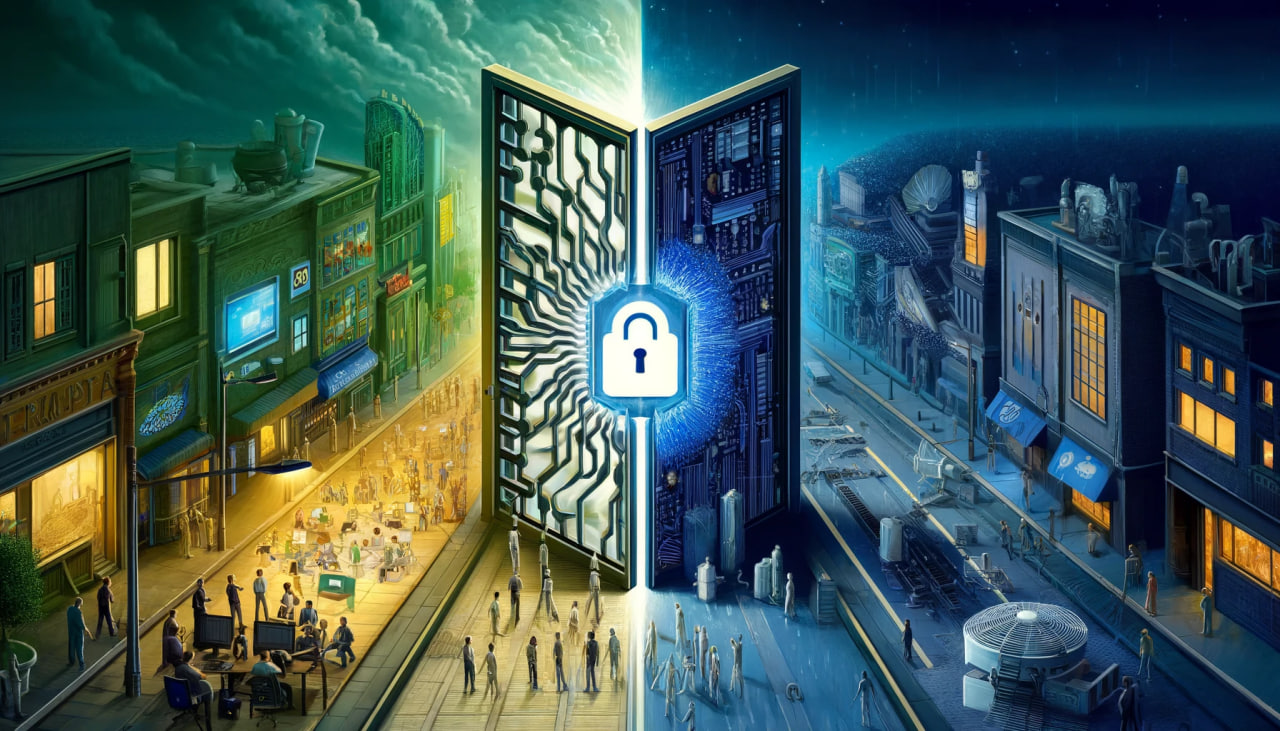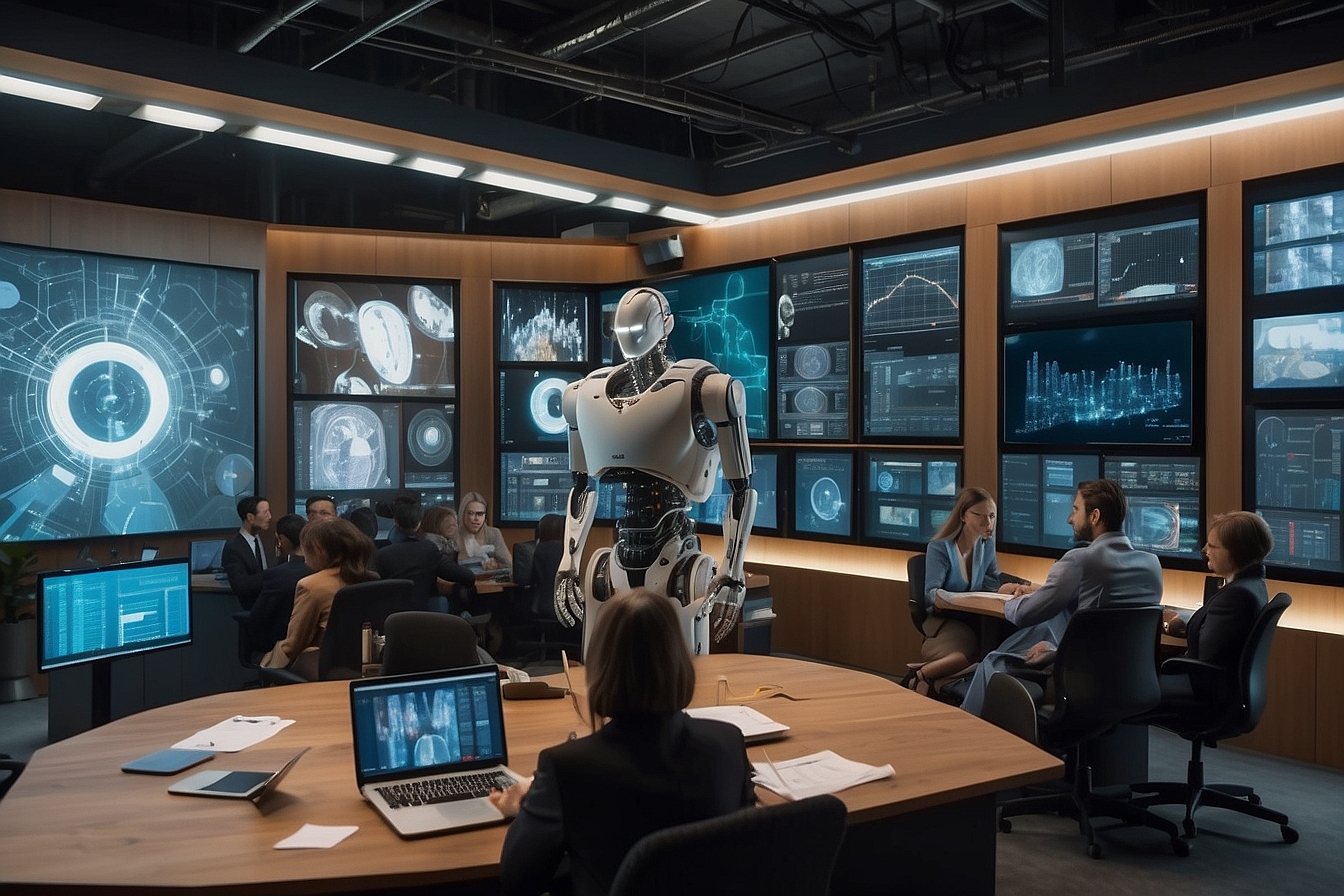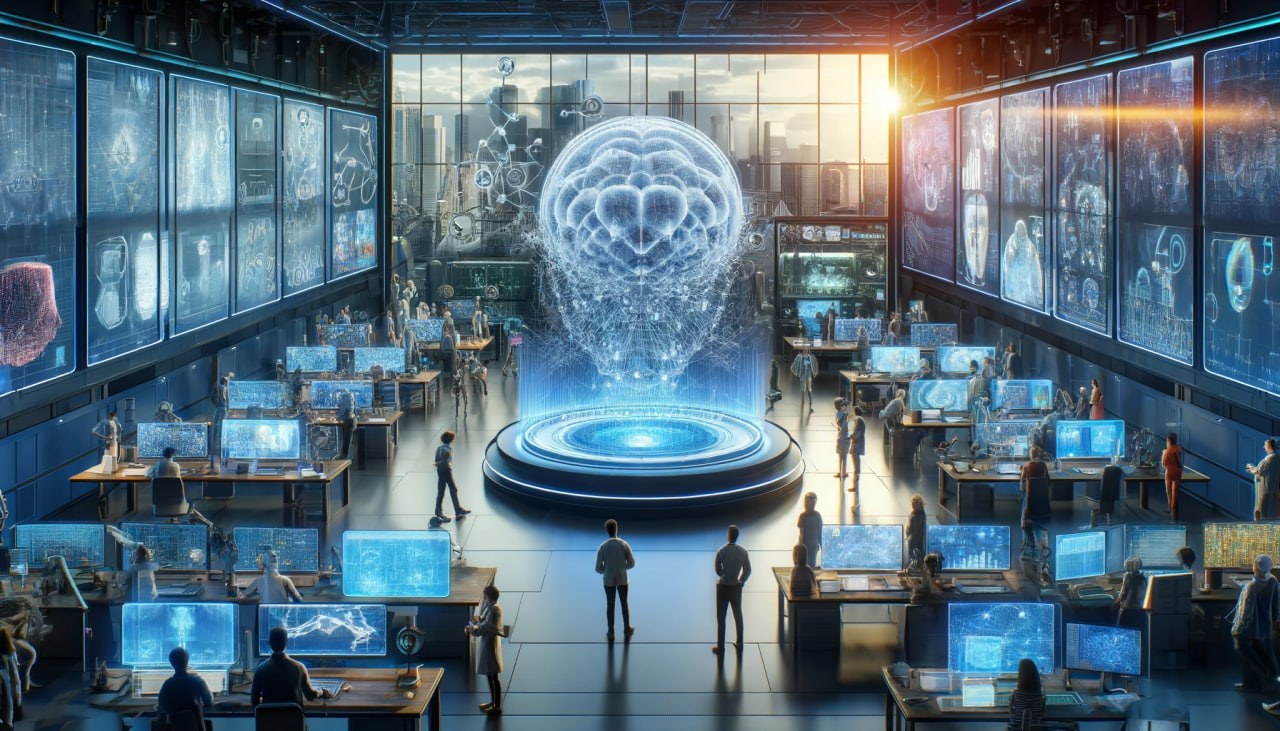OpenAI's Closed Approach to AI Safety and Security Raises Concerns
OpenAI's Closed Approach to AI Safety and Security Raises Concerns
In a recent development that has stirred the AI community, OpenAI has proposed new security measures for safeguarding advanced AI technologies, which includes a controversial approach to the management of GPU resources. According to a detailed blog post by OpenAI, these measures are designed to protect AI from sophisticated cyber threats by enforcing stricter controls over AI model weights and computing resources. However, this strategy has sparked debate and criticism from proponents of open-source AI technologies.
The Shift Toward a Closed-Source AI Ecosystem
OpenAI's latest security strategy outlines a move towards a closed-source architecture, suggesting a departure from the more accessible and collaborative open-source model. This has raised concerns among AI enthusiasts and developers who believe in the democratization of AI technologies. The blog post details a plan where GPUs, crucial for AI computations, would potentially require cryptographic attestation to ensure their authenticity and integrity. This implies that only approved GPUs could be used for certain AI operations, which could limit smaller developers and companies from entering the field.
The Debate Over Model Weights
One of the core issues highlighted in the blog post is the protection of model weights. OpenAI argues that these weights, which are the result of combining sophisticated algorithms, curated datasets, and significant computing resources, should be strictly guarded. This stance is seen as a move to lock down the potential and power encapsulated within these models, contrary to the open-source philosophy that promotes freely accessible model weights.
Potential Impacts on Innovation and Competition
Critics argue that OpenAI's approach could stifle innovation and create barriers for smaller entities trying to compete in the AI space. By potentially mandating that AI accelerators like GPUs comply with specific security standards, there's a fear that the AI development landscape could become dominated by large, established companies with the resources to comply with these standards. This could decrease the competitive nature of the AI field, leading to less innovation and higher costs for end-users.
Looking Forward
While OpenAI's intentions to secure AI infrastructure against increasing cyber threats are valid, the approach raises significant ethical and practical concerns about the future accessibility and openness of AI development. The debate continues as the community weighs the benefits of security against the potential drawbacks of a less open AI ecosystem. As we move forward, it will be crucial to find a balance that protects AI technologies while also fostering an inclusive and innovative environment for all developers.




